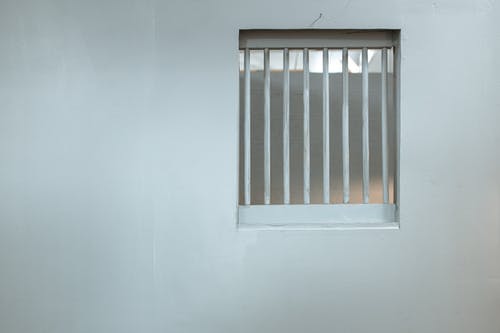A bail revocation can occur when the defendant doesn’t adhere to the release conditions or doesn’t make a court appearance for the deciding hearings. If a bail gets revoked, then the criminal case accused doesn’t benefit from staying free as they wait for the trial. In some instances, the bail might get revoked completely, and there can be other available options.
The objective of the pretrial release
As a defendant gets released after the submission of a bail, it means that they need not be in jail even if their legal case is pending. The release gets secured by paying a certain amount to the court that the judge decides, which acts as a surety which the defendant will bring back for the criminal case proceeding. To know more about this, you can check out Castle Bail Bonds.
There are multiple objectives for the pretrial release that come under the policy of retaining justice system’s process and integrity. When a defendant is held at jail, they get deprived of their liberties. It might seem unfair as they are considered to be innocent, as they haven’t been proven guilty by the state. Hence, the pretrial release enables them to stay free with specific limitations. And it secures the defendant’s process rights as well.
Additionally, the pretrial release can also help secure the witnesses and victims involved in the criminal case. Once the defendant gets released on the bail, they should comply with certain conditions. And these terms get imposed for preventing the defendant from getting engaged in any behavior or act that might cause a security risk to others. They also make sure that the defendant goes back to the court, answers about the alleged offense, and listens to the proof set against them, as it’s their constitutional right.
The bail conditions
A defendant who is on a pretrial release should adhere to a set of conditions. One wonders about these terms? In truth, it all depends on the situation. Some of the instances of the conditions about the bail comprise the following:
- Stay away from traveling
- Zero contact with a witness or victim
- A total alcohol or drug evaluation and adhering to the treatment recommendations
- Attend all the court hearings
- Stay under electronic monitoring and house arrest
- Stay under supervision and custody of any authentic organization
- Not commit any other crime or offense
As the judge decides on the bail conditions, it is necessary to impose a few restrictive measures to make sure that the defendant makes a court appearance and secures the community’s safety. And this decision gets based on a wide range of factors that includes the following but certainly not limited to:
- The severity of an offense
- The defendant’s risk for making a court appearance
- The criminal history of the defendant
If any of these conditions get violated, then there is a chance of the bail getting revoked. Hence, if you or a dear one gets arrested because of a crime, you must clearly understand the bail. And as reiterated in this article, when a defendant fails to keep up to these terms, it can lead to dire circumstances and lead to a bail revocation.
Some More Posts from Law and order:
Start Protecting Your Profession with the Right Professional Liability Insurance
Recognizing the Importance of a Train Accident Lawyer


